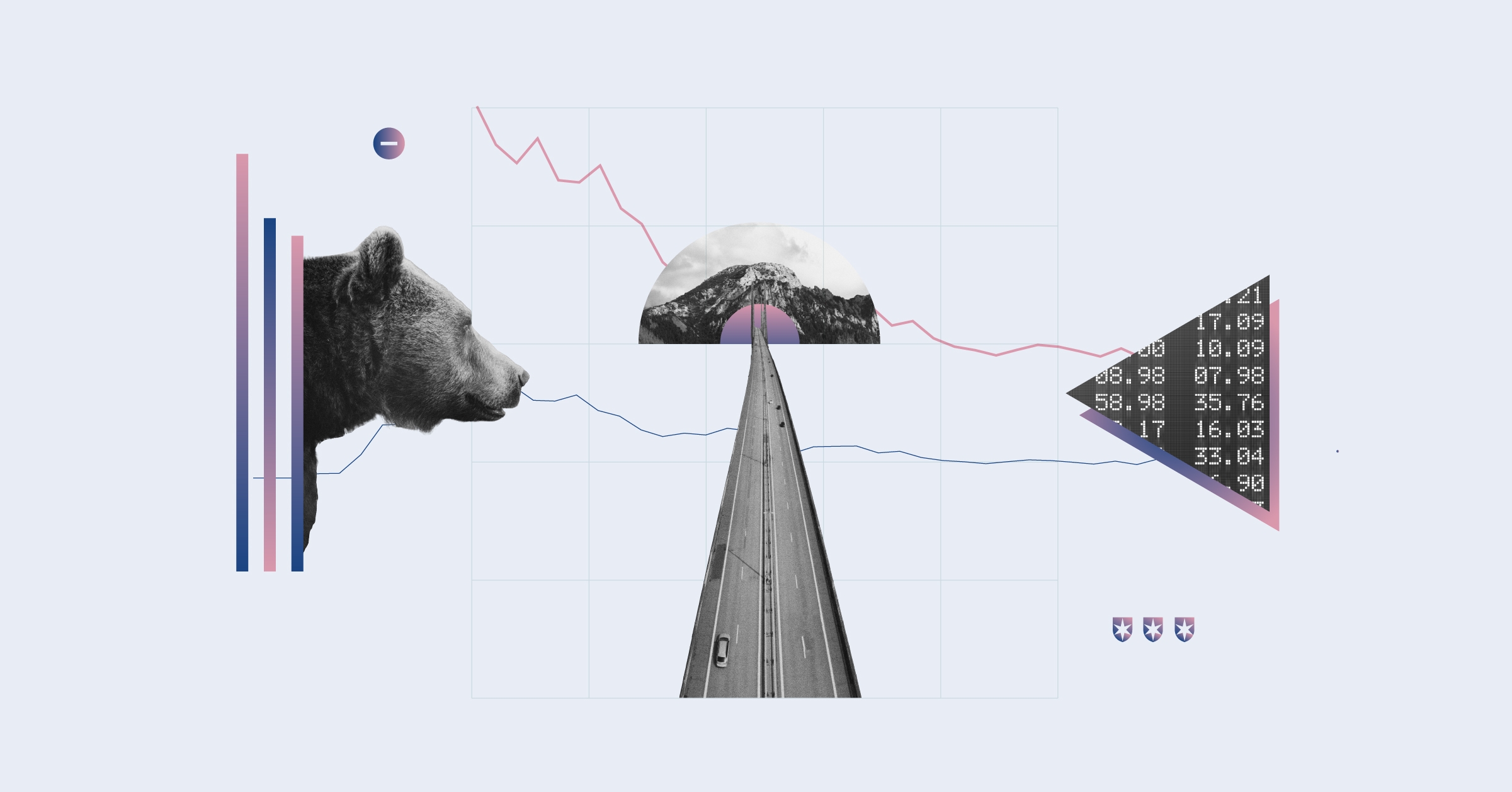David Barr, president and portfolio manager at PenderFund Capital Management, uses a long-term value approach to drive the returns in the Pender Value mandate. However, he and his team focus most of their attention on growth companies.
Barr, who is based in Vancouver, looks at two broad buckets of stocks: what he calls the "close-the-discount" companies and the compounders. Small-cap growth companies characteristically make up about 75% of the portfolio.
According to Barr, when people talk about value investing, close-the-discount is what they traditionally think of. Those are the "bottom-of-the barrel," out-of-favour companies that are trading really cheap. According to Barr, you figure out what the value of it is and you buy it at a big discount to that.
"But where we get a lot more excited," says Barr, "and really try to focus the portfolio, is in compounders. This is very consistent with the evolution of Warren Buffett as a value investor, where at the end of the day, the returns you get from your portfolio are the returns from the businesses you're invested in."
Embracing that philosophy, the focus in the Morningstar 5-star rated, go-anywhere portfolio is on businesses that are growing at mid-teen rates of returns, have significant competitive advantages, and can build that value for a long time. Barr says that philosophy also ties into looking at small cap companies. "If you want to invest in a company," says Barr, "that you can hold for 20 to 30 years and it's going to generate those types of returns, it's probably not in the 10 or 20 largest companies out there today."
An example of a close-the-discount investment is Transat A.T. (TRZ), a Canadian-based business in the holiday travel and tourism industry. "Basically today," says Barr, "the discount airline is trading at a negative value but they have a ton of cash on the balance sheet." According to Barr, the company is out of favour because of its announcement of a business strategy to acquire existing hotels and develop its own hotel chain in the Caribbean to capture more of the leisure vacation travel market. "I guess the market is quite cynical on that approach," says Barr, "and the stock has traded way off."
An example of a compounder is ![]() TripAdvisor (TRIP), among the top 10 holdings. According to Barr, TripAdvisor fell out of favour because as people shifted from going on TripAdvisor on their computers to their mobile devices, the company was having a hard time monetizing these visits. "When you look at the fundamentals of the company," says Barr, "it's the largest travel site in the world and everybody planning vacations pretty much goes there. It's only a matter of time before they figure out how to make money off that. We're pretty opportunistic. The stock price has rebounded quite nicely and we think it's proving out exactly our investment thesis."
TripAdvisor (TRIP), among the top 10 holdings. According to Barr, TripAdvisor fell out of favour because as people shifted from going on TripAdvisor on their computers to their mobile devices, the company was having a hard time monetizing these visits. "When you look at the fundamentals of the company," says Barr, "it's the largest travel site in the world and everybody planning vacations pretty much goes there. It's only a matter of time before they figure out how to make money off that. We're pretty opportunistic. The stock price has rebounded quite nicely and we think it's proving out exactly our investment thesis."
The mandate characteristically holds 40 to 45 companies, but it's really the top 20 to 25 holdings that drive the portfolio, says Barr. With a bottom-up approach that uses fundamental analysis, the portfolio is currently weighted approximately 30% in technology and 23% in consumer cyclical companies.
The research entails understanding a business, the economics of the industry and the competition. Risk factors the team examines include balance sheet risk, valuation risk and business risk. The balance sheet risk is of particular concern. "If a company has too much debt," says Barr, "they can usually do well in good times but bad times happen and your investments can disappear quite quickly."
When valuing a company, the team estimates fair values and considers a range of scenarios and possible outcomes. Those outcomes include a company's potential takeover price, to assess realistic forecasts.
From a portfolio turnover perspective, Barr says they're looking three to five years out or more whenever making an investment. "We would just like to have a very strong rate of return over a long period of time," says Barr, "than look at what's hot right now."
Depending on market conditions, Barr will use cash as an investment strategy. For example, in the fourth quarter of 2017, the portfolio held about 35% cash compared to approximately 16% currently. According to Barr, the investment team of eight always want to invest in their best ideas, and if they can't find "a table-pounding buy," cash will build up. "In Q1, we had some exciting volatility," says Barr, "and that provides us with a lot of opportunities to deploy capital and invest in the companies we want to own at the right price."
The fund is weighted approximately 42% in U.S. equities, 30% in Canadian equities and 12% in international equities, as of July 31. "If you're a small-cap company and you want to grow," says Barr, "you need to look at the U.S. or at global markets. A lot of small-cap investments are tied to the domestic U.S. economy. Canada's had a wonderful run, but we see more opportunities in the U.S. right now."
















